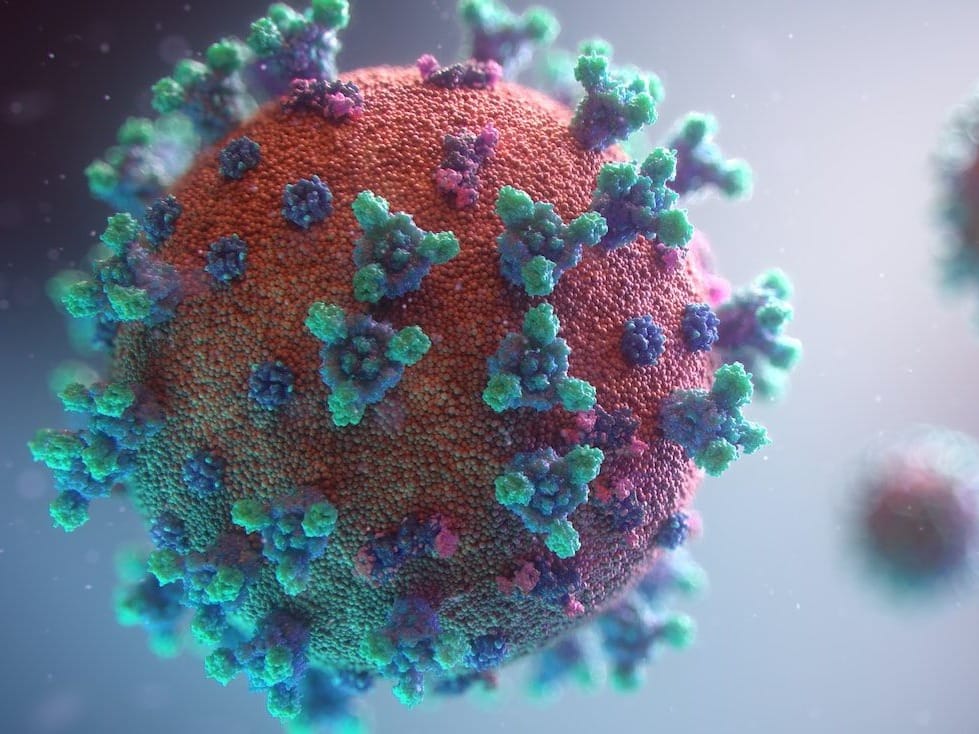GENEVA (AN) — The U.N. health agency wants to put itself in charge of handing out a fifth of all the vaccines and other products the world needs in a pandemic.
The rationale behind the World Health Organization's "zero draft proposal" for an international pandemic treaty is to erase what it calls the "gross inequities" between rich and poor that's been a scourge of the COVID-19 pandemic.








